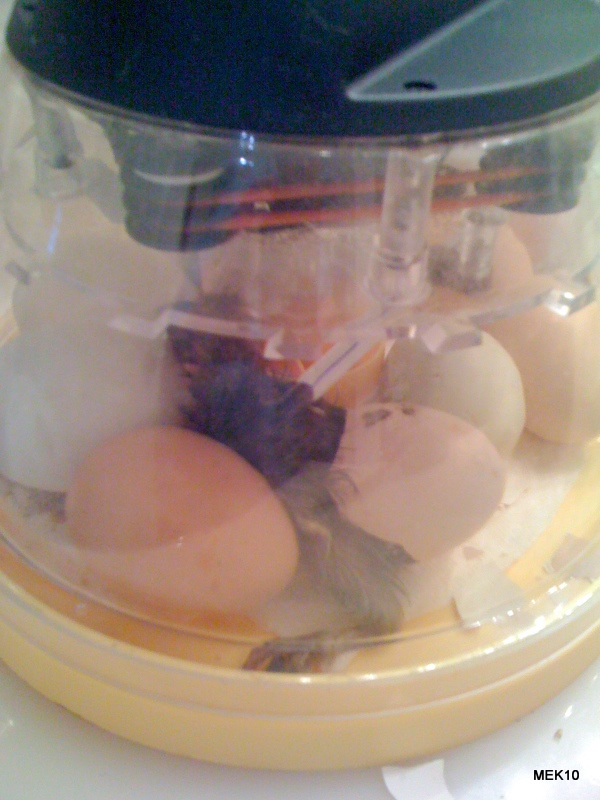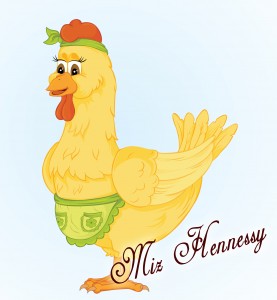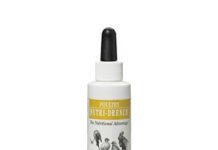… we are in process to learn more about ducks before we get any in our backyard. We are new to raising any farm animals, so we want to be careful.
I was wondering do Khaki Campbells eat bugs? (pill bugs in particular ~ we have tons of them)
How are ducks with garden beds, please? We heard that ducks are better around the vegetables beds then chicken. Is that true?
Also, who is your supplier for Khaki Campbells and Chickens, please?
For slugs, snails and pillbug eradication, ducks (all domestic breeds) have no equal. My fellow chicken pals turn their noses up at those roly-polys. They’re too common and not gourmet enough for our discriminating chicken palate. Sure, we eat our share of bugs, worms and aphids, but when it comes to slugs, snails and pill bugs, the ducks have better “crushing action” with their bills to handle these slimier and harder-shelled pests.
Here’s a tip to help collect pillbugs for feeding your ducks:
Lay a few boards or burlap bags or plain newspaper down on the garden after watering (the ground under your trap needs to be damp for this to work most effectively) and let it set overnight.
In the morning pick up the paper or bags slowly and carefully. Try to make a pocket and collect the pill bugs in the folds of fabric by folding the fabric or paper into itself. You can transport this to the duck pen to shake out. If you used boards, lift them and scrape the bugs into a 5 gal bucket or other container and dump that into the pen area or feeding trays.
For the most fun, take your ducks out into the garden and lift the traps and flip them over and sit back. Don’t worry …. It’s okay to feel glee at the buggy massacre. Seriously, the folks on the Urban Homestead are the live and let live type and heck, they’re vegetarians and hate the site of anything dying, but if you’re a gardener and have been at the mercy of these pillbugs snapping tender young seedlings in half with a quick bite … then you can’t really feel much guilt when hungry ducklings make short work of those plant-killing bug-beasts.
But you must note, the better bug eaters have to be raised correctly. This means feeding them bugs and letting them hunt for bugs at a young age. Take the ducklings out (on a warm day) and let them root through the soil. They’ll get the hang of it pretty quickly. Be sure to have a bowl of water or a waterer nearby for them to rinse their mouths. Ducks like washing their meals down with water or rising the dirt from their bills.
A young duck that has been raised under a brooder lamp for most of its life eating nothing but starter mash will still be ducky and hunt bugs but, in the experience of the Urban Homestead, not as good or as eager as the ones raised on bug-hunting. They often will stick to what they know – premade foods and grains. Train them young to know what to do with a bug and they will reward you with being bug warriors of the garden.
Ducks are known to be gentler on the garden because they do not scratch the soil like chickens. But it doesn’t mean you can leave them in the garden worry-free. They can damage young seedlings. They also enjoy salad greens and lettuce and will eat them. But if you have GROWN tomato plants, squash, onions, corn and other stronger plants, then ducks usually won’t harm the plants. Protect the seedlings and more desirable plants such as spinach, salad greens, lettuce, etc either with row covers or by fencing them off and you can let the ducks wander through the garden. It is recommended that you do this under supervision and when you’re out in the yard. Have a roomy pen for the ducks to live in when you don’t want to let them out in the garden.
I recommend that you source your ducklings and chicks locally if you can. Try your classifieds. Due to the non-sustainable and inhumane practices of most hatcheries, I cannot – in good conscience – recommend any hatchery. Perhaps with some investigative research, Jordanne may be able to suggest some hatcheries that she feels she can support.
Readers, if you can suggest a hatchery, comment below. Don’t just post all the typical hatcheries, please. Be aware that most hatcheries practice inhumane “disposal” of male chicks/ducklings. So, if you know of any that consciously make an effort to do things right, share them.
Have questions? Send them to me













I live in the Pacific NW where we have slugs 2-3 inches long (and bigger) slugs. The ducks love these treats. A lucky duck will find one and her sisters will chase her all over the yard to get a bite. It usually gets stolen 1/2 a dozen times before it is torn to shreds. They then spend the next 5 minutes washing their bills out. My friends and neighbors are jealous of my Slug Squad and they have been know to bring over an occasional tasty treat for the girls.
Ducks and hens will happily search out and eat centipedes, spiders, and scorpions, too. These are sometimes a problem in this area. They will also eat reptiles, lizards, and toads – which can be dangerous for them (e.g. bufuto toad).
i think Miz Henrietta Hennessy already answered this somewhere, but i can’t readily find it, so can anyone recommend a supplier for KC ducklings in the humboldt (way north california) area? we want to get three of them this year. thanks!
i have two local feed stores that sell 2-day old KC ducklings. one gets them from WELP hatchery in iowa, the other from METZER farms in gonzales, ca.
any info about these hatcheries one way or another would be appreciated.
thanks!